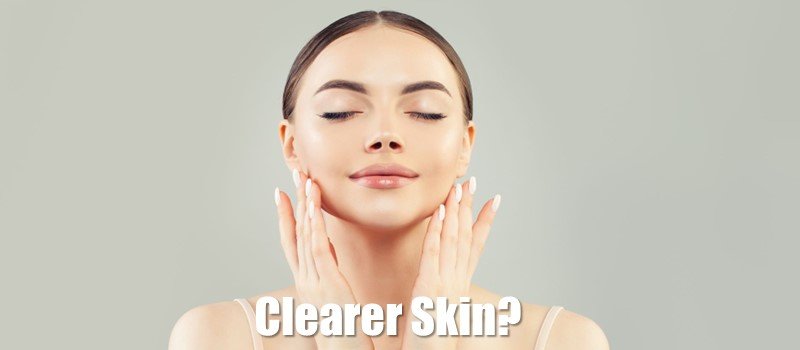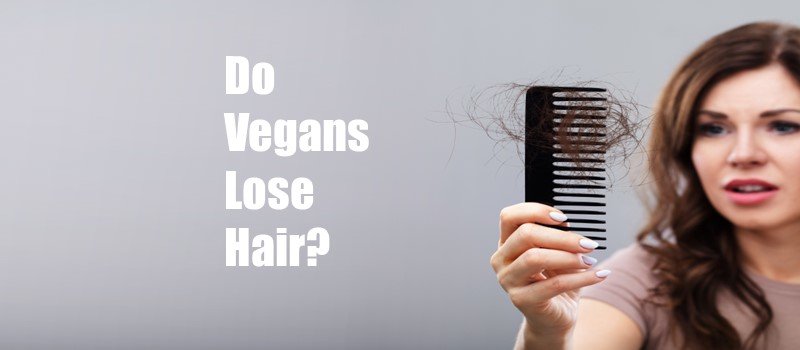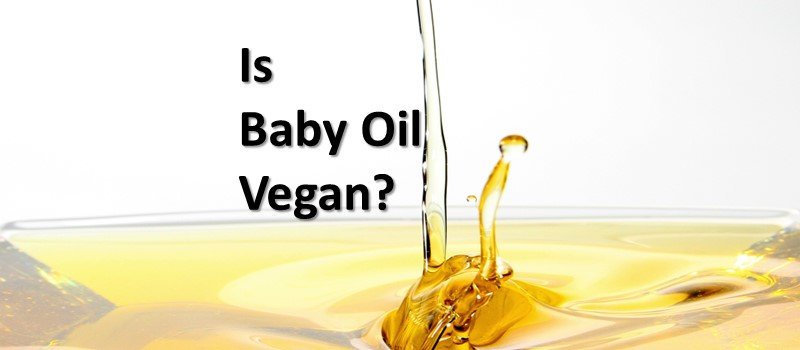Changing soap brands is one of the easiest things to do. Yet sometimes we’re seemingly wedded to one particular brand and are reluctant to switch. If you’re considering switching to a vegan soap from a non-vegan soap, the good news is that there are many different ones to choose from. If anything, you may end up with a different problem: decision fatigue! Let us help you out by going through the top 5 vegan soap benefits you should know.
To learn what the vegan soap benefits might be, read on…
What Makes Soap Not Vegan?
Commercial non-vegan soap is made from various ingredients that don’t qualify as vegan.
Some fats or oils can form the basis for soap. A few of these will be animal-derived.
Creamier soaps often include tallow from rendered animal fat or fatty lard to deliver this creamy texture. Both are animal-derived. Even silk might find its way into a soap’s ingredient list.
It’s not unusual to discover goat’s milk is also present for a frothier, soapy consistency. Other milk types or fats are included frequently as well.
Glycerin is another non-vegan ingredient found in many commercial soaps. Beeswax may also be present too.
Oils such as palm oil could make a soap non-vegan. While the oil is from a fruit tree, deforestation of rainforests to make way for expansive palm tree plantations damaged the wildlife.
Honey is sometimes included for texture, aroma, and extra bubbles. Bees are injured or killed during the production of a honeycomb filled with honey. The extraction process kills bees, and the inferior honey replacement has lower nutritional value, so the remaining bees are undernourished. Honey is not vegan.
Some soap ingredients would be vegan but are tested on animals. So, the soap bar might have potentially vegan ingredients but fall short in other ways.
Also, fragrances are often added so that the soap bar can be sold as ‘scented.’ These are regularly chemically based, so for a vegan who wishes to be environmentally friendly and avoid these, they’ll find it difficult. These may include dioxane, parabens, and, surprisingly, formaldehyde.
What Ingredients are in Vegan Soap?
Soap is made primarily from saponification by adding lye to a type of fat and waiting for the chemical process to compete. Whereupon a salty mixture results from the fatty acids in the fat source (animal or vegetable) once saponification is finished.
The process isn’t largely different from vegan soap; only the ingredients included in the soap and the fat used in the saponification process are all vegan-friendly.
The core list of ingredients in vegan soap does vary from one brand and product to the next. There is a surprisingly wide choice for vegans.
For the fats, instead of goat’s milk or animal fats, substitutes such as vegetable-based oils are a frequent solid base, to begin with. Olive oil, coconut oil, or another plant-based oil will be fine. Almond oil is also possible too.
With vegan soaps that are organic too, it’s not unusual to discover organic shea butter is included. Just the mention of butter provides the idea of a creaminess to the soap. However, shea butter is extracted from nuts hanging on the Shea tree, primarily grown in African nations.
Natural fragrances run the gamut on what ingredients are added to create them. For example, turmeric powder is one option. Bergamot or patchouli are two more. Others include lavender, coconut, orange, lemongrass, or peppermint.
One common issue with soap retailing is that the ingredients are not always provided in full, if at all. This can confuse consumers. It is, therefore, necessary to look closely to ensure you’re purchasing a vegan soap and not one that’s just trying to appear better for your body.
Vegan Soap Benefits You Should Know
There are many good benefits to using vegan soap and not a mass-produced non-vegan alternative.
Some soaps will be marketed as ‘natural’ or are Organic with a USDA logo on the packaging to confirm it. Organic soaps might potentially be a good bet, but that still doesn’t mean the organic plant-based ingredients haven’t been substituted with a few animal byproducts. So, don’t be fooled!
The following 5 vegan soap benefits are most noticeable:
Nourishing for the Skin
Regular soaps have ingredients that can dry your skin or chemicals that block the pores.
Natural, plant-based ingredients are likelier to sit well with your skin and not cause irritation. Especially for people with sensitive skin, this is an important factor in making the right decision on their preferred soap.
Vegetable oils and nut-based ones provide a purer based for soap production compared to rendered animal fats. Everything about soap production begins here, so it’s good to have the basics right.
Shea butter and other ingredients like mango butter are kind to the skin too.
Also, added chemicals to produce fragrances are particularly bad for your skin tone. Yet, other easy-to-include vegan ingredients such as rosemary, activated charcoal derived from coconuts, essential oils, or organic olive oil are kinder to your body.
No Harsh Chemicals
The strong chemicals typically added to commercial soaps are to be avoided.
Plenty of natural fragrances is achieved in a vegan soap bar without the need to use chemicals simply to add an attractive aroma when opening the soap package.
The inclusion of chamomile, mango butter, or peppermint all adds something special while staying away from chemicals.
While it’s true that lye is added, this is true in non-vegan and vegan soap. That is mostly unavoidable, but it’s not present in the final product. So, have no fear there.
Ethical and Cruelty-Free
Vegan soaps do not have animal products or animal byproducts.
These should also avoid honey because there is some animal cruelty present in the production of honey.
Vegan-approved soap bars are ethically good and are cruelty-free too. There is no need to test the vegan soaps – or their ingredients – on animals. So, nothing to worry about there.
Quality Ingredients
Vegan soaps aren’t the cheapest soaps on the market. Because of this, the manufacturers can afford to use quality ingredients and avoid cutting corners.
The buyer of a vegan soap isn’t looking for shortcuts. Especially as this is a product that they’ll use on their body every day. No one expects a soap with shea butter to be inexpensive! So, quality ingredients shouldn’t be a concern with vegan soaps.
Environmentally Friendly
Vegan soaps are better for the environment too.
Using vegetable oil as a base, they won’t use palm oil that indirectly isn’t environmentally friendly due to how it’s produced. It should be noted that there is a form of friendlier palm oil known as sustainable palm oil, but even then, most vegans would prefer it not included.
Vegan soaps shouldn’t include chemicals, detergents, or other nasties. This is needed because during the bathing process, the water goes through the plumbing into the drainage waste system. It can impact plant and animal life if this water is contaminated.
Summary: Vegan Soap Benefits You Should Know
Vegan soap is healthier for your skin. Vegetable or nut oils are used, rather than animal-based ones. Fats from fruits and nuts might be added, rather than from animals.
There is also no possibility of cruelty to animals with a vegan soap as the ingredients should all be plant-based. Fragrances are included from natural ingredients like coconut, fruits, herbs, and essential oils. These are better for your skin and cause less potential irritation. Many of these ingredients are nourishing to your skin, rather than having the potential to dry it out too.




